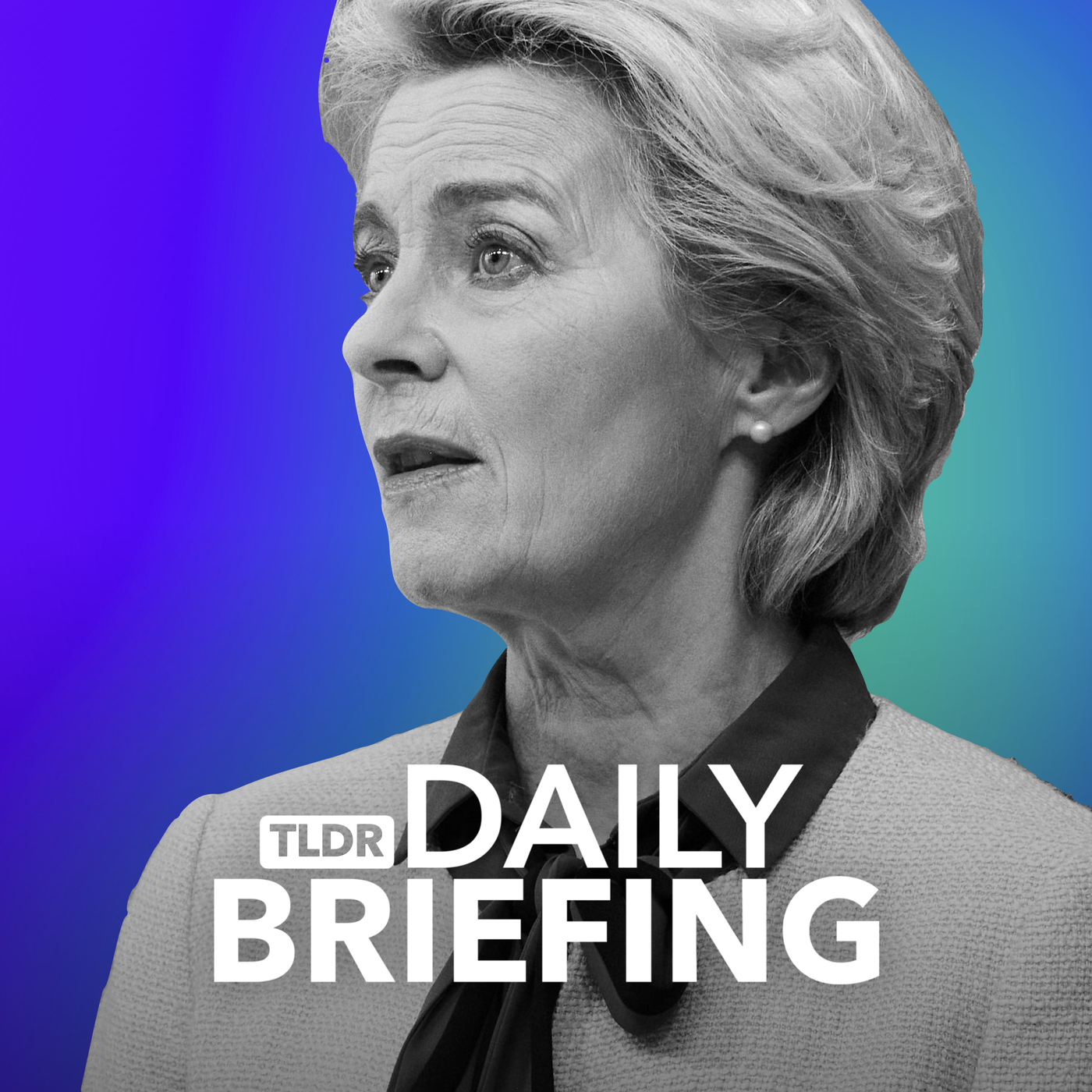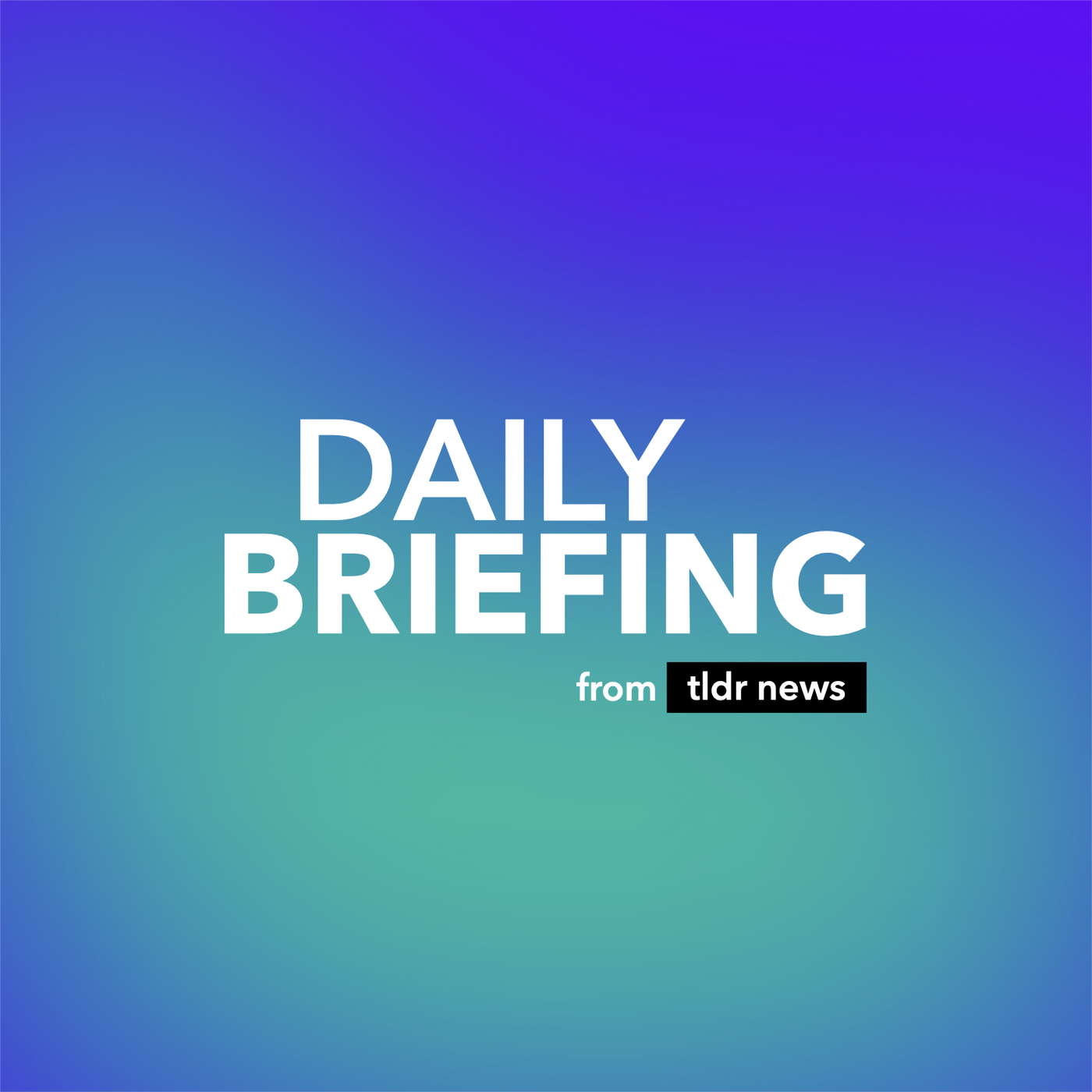
Deep Dive
Why did Romania and Bulgaria finally join Schengen?
Their full accession was a top priority for Hungary during its EU Council presidency, which ended their long-standing opposition to the move. Austria, the last holdout, declined to veto the decision, allowing their entry from January 2025.
When did Romania and Bulgaria become EU members?
They joined the EU in 2007 and have met Schengen requirements since 2010, but faced objections from various states over migration concerns.
What is the significance of the Schengen Zone?
It allows for free movement across borders within the EU, excluding Cyprus and Ireland, and includes non-EU states like Iceland and Switzerland. However, recent migration and crime concerns have led to reintroduced border checks, questioning the system's validity.
What conditions were set for Austria's approval of Romania and Bulgaria's Schengen entry?
Austria agreed to lift its veto on the condition that Bulgaria deploys more border guards along its frontier with Turkey.
What happened to the prisons in Syria after the fall of Assad?
The prisons, notorious for torture and killings, were opened, and families searched for their loved ones. The rebel group leader promised to keep them closed and pursue justice for those involved in the atrocities.
What is South Korean President Yoon Suk-yeol's stance on martial law?
He defended his decision, stating it was necessary to prevent the collapse of democracy and counter opposition's parliamentary dictatorship. He vowed to fight to the end despite facing impeachment and corruption investigations.
What is NATO considering regarding defence spending?
NATO members are discussing raising the defence spending target to 3% of GDP by 2030, up from the current 2% target. This comes amid pressure to increase contributions for collective defence and support for Ukraine.
How many NATO members currently meet the 2% defence spending target?
23 out of 32 NATO members are expected to meet the 2% target this year, up from just 6 in 2018.
- Bulgaria and Romania's full accession to Schengen approved.
- Completion of a 14-year process.
- Austria's initial opposition and subsequent concession.
- Hungary's key role in facilitating the accession.
Shownotes Transcript
This video is brought to you by Nebula. Today, Bulgaria and Romania's full accession to Schengen is approved. South Korean President Yoon Suk-yeol defends his decision to impose martial law. And Europe's NATO members discuss raising the defence spending target to 3% of GDP. From TLDR News, this is your daily briefing for Thursday 12th December 2024.
On Thursday, European Interior Ministers voted to allow Bulgaria and Romania into the Schengen Free Movement Area from 1 January 2025, completing a 14-year process. This follows the two countries' partial accession to Schengen in March 2024, when passport checks were ended for their air and sea borders. Now, their full accession to Schengen has been granted, after Austria, the final opponent to the move, declined to veto the decision to open land borders.
For context, the two countries have been EU members since 2007 and have met the requirements to enter Schengen since 2010. However, over the years, various states objected to their accession over migration concerns.
So why have Romania and Bulgaria been admitted now? Well, essentially it's because their ally Hungary made it a top priority of its six-month rotating EU Council presidency, which is now coming to an end. Hungary's Home Affairs Minister said it's a historic moment to finally welcome Bulgaria and Romania as full Schengen members, and that the step would benefit not only Bulgarian and Romanian citizens, but also the EU as a whole.
The Schengen Zone goes back to 1985, when an agreement on free movement was signed near a Luxembourg village called Schengen, proposing the gradual abolition of Czechs at borders between the member states. The principle of free movement was then incorporated into EU law by the Treaty of Amsterdam in 1999.
Now, the Schengen area covers the whole of the EU, apart from Cyprus and Ireland, as well as several non-EU states – Iceland, Norway, Switzerland, Liechtenstein, Andorra, Monaco, San Marino and the Vatican City. However, in recent months there's been renewed discussion about the validity of the EU's open internal borders. This is largely due to growing concern over a rise in irregular migration via the Mediterranean and a rise in organised crime within the bloc.
As a result, several Schengen countries including Germany, France, Denmark, Sweden, Norway and Austria have reintroduced border checks, which they're able to do under EU law provided it's a last resort measure and an exceptional situation.
But, as political analysts have pointed out, introducing national border checks undermines the very nature of Schengen, which is now being called into question. Austria, one of the biggest critics of the EU's free movement policy, has been blocking Romania and Bulgaria's full accession since 2022. But it ultimately conceded on the condition that Bulgaria agreed to deploy more border guards to its frontier with Turkey.
There's more on the way, but remember to subscribe and ring the bell for more Daily Briefing tomorrow. Plus, if you want to support the channel like Ikhtar Najdjidzil, then consider joining the TLDR Daily Membership Programme for just £1.99. Moving to Syria now, where the rebels that have just seized power have promised to close the prisons that were operated by the now-ousted President Bashar al-Assad. The prisons were notorious in the country and were referred to as human slaughterhouses by rights groups.
In total, around 60,000 people were tortured and killed while detained, according to the UK-based monitoring group Syria Observatory for Human Rights.
Since the fall of the Assad government, though, the prisons have been opened and families have started looking for their loved ones. The leader of the rebel group Hayat Tahrir al-Sham, Ahmed al-Sharar, also known as Mohammed al-Jilani, has confirmed that they will remain closed and that pardons for those who took part in the torture or killing of prisoners was out of the question. In fact, he even went as far as saying that we'll pursue them in Syria and we'll ask countries to hand over those who fled so we can achieve justice.
Separately, al-Sharar also promised to dissolve the security forces of Assad's regime. While these statements have been welcomed by the international community, Deputy Pentagon Press Secretary Sabrina Singh explained that these words needed to be met with actions. Over in South Korea, President Yoon Seok-yool appears to be defending his decision to declare martial law last week, with him arguing that he did it to defend democracy.
In a TV address, Yoon stated that he acted the way he did to prevent the collapse of democracy and try to counter what he's described as the opposition's parliamentary dictatorship. Since Yoon's attempt to impose martial law, he's faced, and survived, an impeachment attempt. Speaking about this, Yoon promised that he'll stand firm whether I'm impeached or investigated, adding, "I will fight to the end."
This may be tricky for the President though, as he and his allies are now facing investigations on corruption charges, and a second impeachment vote, scheduled for Saturday, aims to bring him and his government down. In fact, it was only yesterday that Police Chief Cho Ji-ho and Justice Minister Park Sung-jae were impeached. Although it was easier for the Parliament to impeach them, requiring only 150 votes in the 300-seat Parliament rather than 200 for the President, this is a bad sign for President Yoon.
We'll update you next week on how Saturday's vote goes. Europe's NATO members are discussing raising their defence spending target to 3% of GDP at their annual summit next June, in a move that would add further pressure to EU governments on tight budgets.
Three sources speaking to the Financial Times said the proposals would involve a short-term pledge to hit 2.5%, rising to a target of 3% by 2030. This comes after Trump's assertions last year that Europe should pay more for its own defence, leading to a series of confidential talks on raising the bar.
According to NATO alliance calculations, 23 out of 32 members will reach the current 2% spending target this year, up from just 6 in 2018. Mark Rutter, NATO Secretary General, declined to comment when asked about setting a new target, but said he would push for it to be much more than it currently is.
One German official told BFT, with all the tasks facing us in terms of the defence of Ukraine and NATO's minimum capability requirement, this discussion is going to come, whatever happens, and the next NATO summit would be the perfect time for it. The news also comes as UK Prime Minister Keir Starmer hosts the new European Council President Antonio Costa at 10 Downing Street.
Bell discussed defence cooperation with the EU in the first such meeting between a UK Prime Minister and the bloc's 27 leaders since Brexit. Starmer will also join a dinner to discuss security issues with EU leaders in Belgium in February. As you've probably noticed, the news cycle is particularly fast right now, with coups, elections and governmental gossip happening all over the world.
In fact, with Trump heading into the White House, that chaos is only likely to get worse. If you're feeling a little lost and even a little depressed, then you might want to check out our series WTF USA, where we explain everything that's happened across the pond in the land of the free. Because while the election might be over, the number of WTF moments only looks likely to increase.
Unlike some of our other more serious videos, the tone of WTF USA is more light-hearted and takes something of an irreverent look at what's going on. Regular viewers will be pleased to hear that the series has been extended due to overwhelmingly popular demand over on Nebula. If these trends continue, aye!
Now, if you didn't know, Nebula is an independent creator-owned streaming platform that specializes in thoughtful content. Over there, you can find creators like Wendover Productions, Real Life Law, and Legal Eagle, with many of them releasing their very own original series on the platform.
We're super proud of WTF USA, and we hope that with your support, we'll be able to make other interesting, weird and entertaining series with Nebula in the future. So, signing up genuinely helps TLDR to grow and expand. You can also watch every normal TLDR video on Nebula ad-free, and in some instances before they land on YouTube.
If you're not a member already, then click our link in the description to get 40% off. That's just $30 a year or $2.50 a month. We really hope you check out the series, and as always, thanks for your support.
